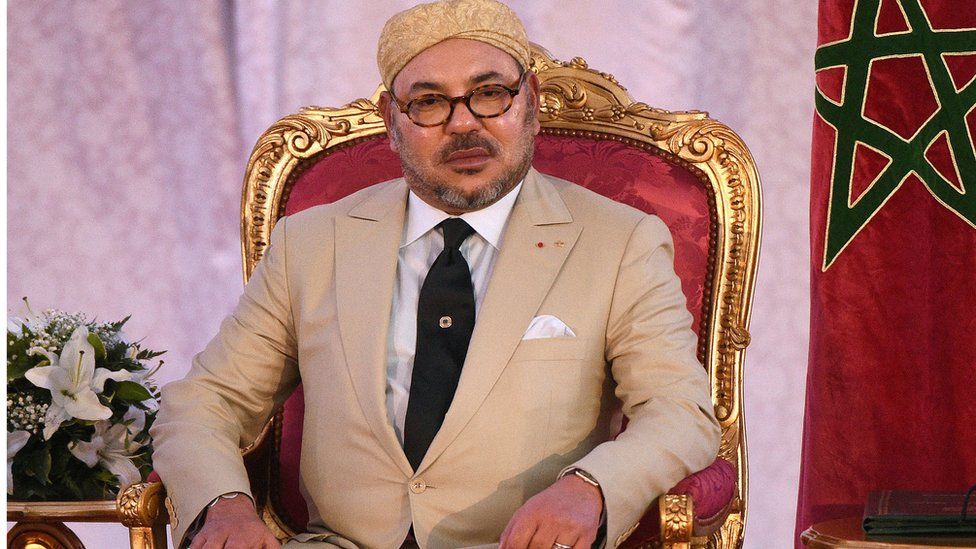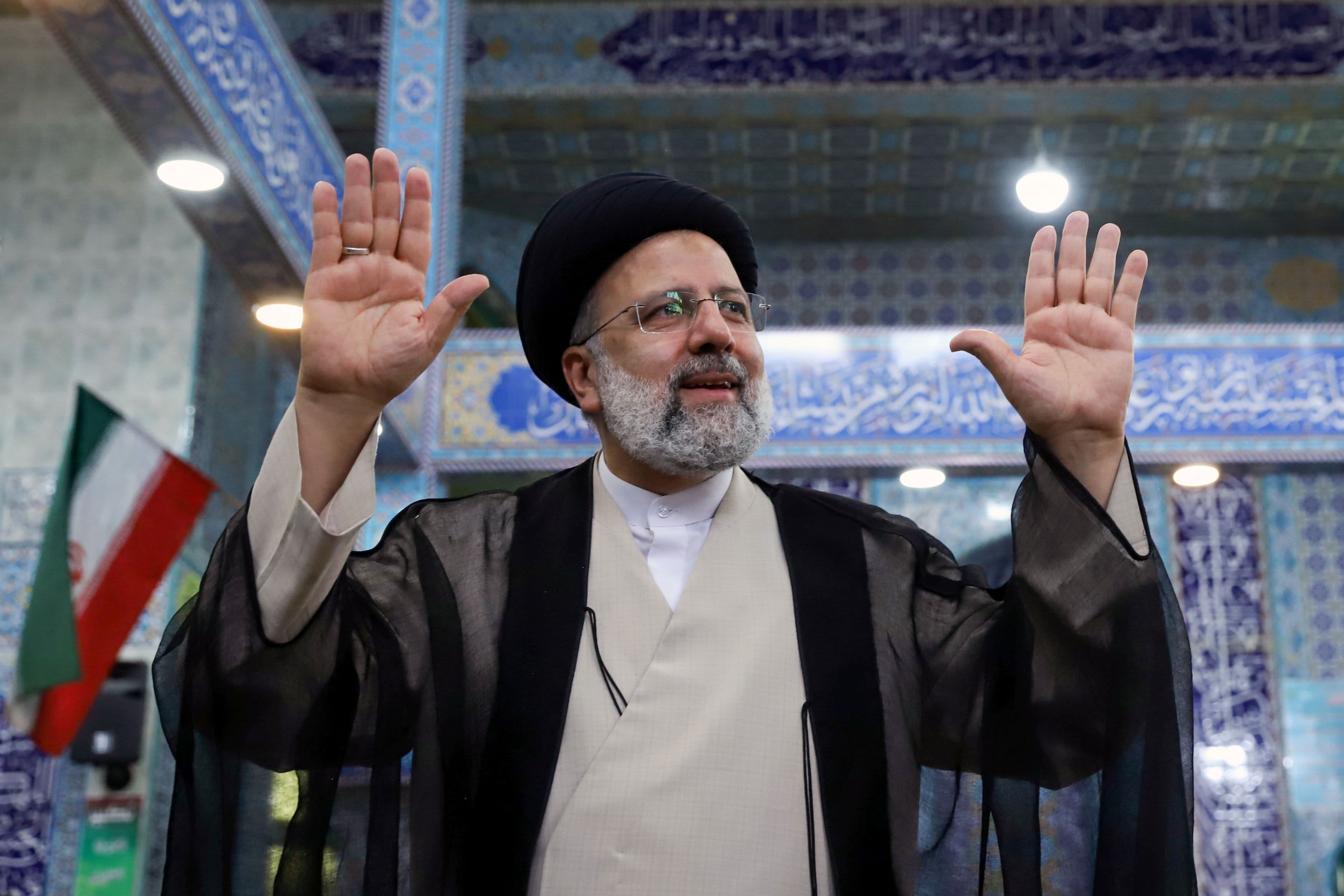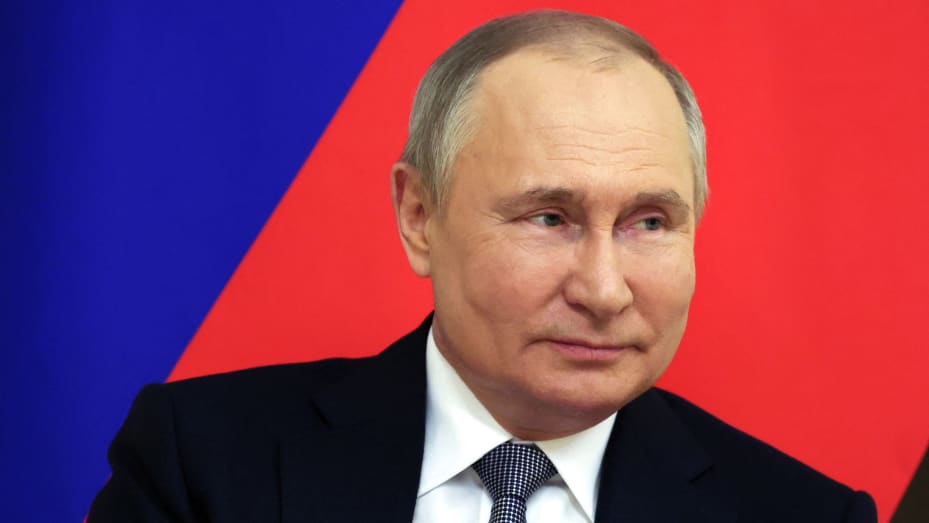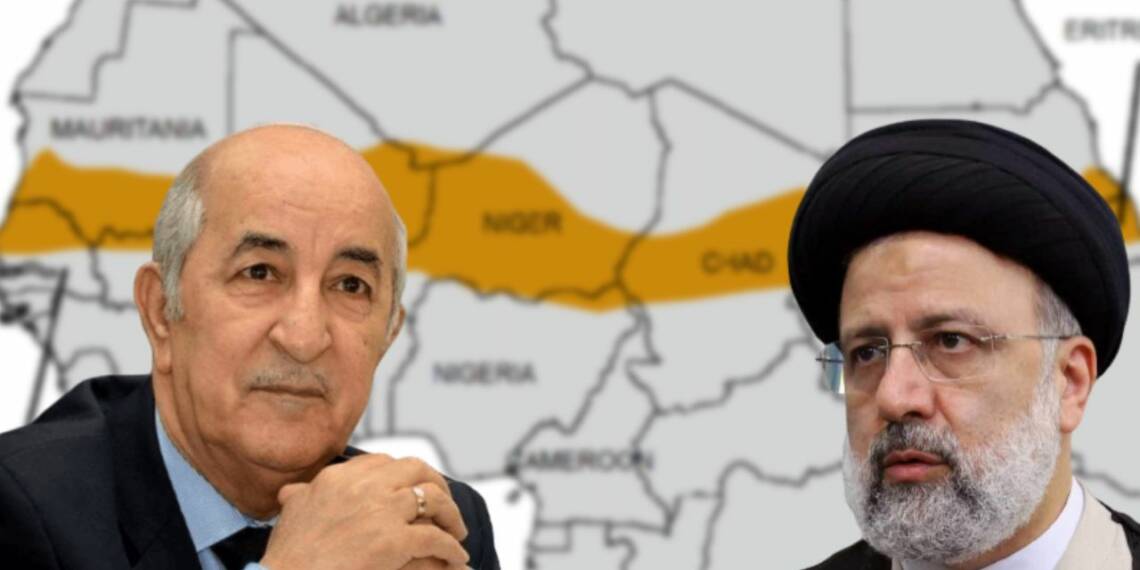The Sahel region has become a strategic priority for major powers, especially after France withdrew its forces from the region and reduced its military presence. This has created a void that major powers are competing to fill. As the competition intensifies, there are growing concerns over Algeria’s alliance with Iran, through which Iran may be looking to establish a foothold or exert control in the Sahel region. So, the question arises, what could be Iran’s game plan, and how will it shape the future of the Sahel in Africa?
Algeria-Iran axis in the Sahel
Algeria and Iran have historically maintained good relations, and now as Iran prepares its plan for the Sahel region, it is riding on the back of its friend Algeria. However, Algeria’s support for Iran has resulted in its isolation from other Arab League members.

Last year, when a proposal was put forward by Morocco, to condemn Iran’s destabilizing acts in the east and the west of the Arab world, it was backed by a majority of the Arab League countries but Algeria opposed it.
Read More: Peeling the layers of Iran’s interests in Mauritania
Further, Morocco severed its ties with Tehran in May 2018, accusing it of training and arming the Polisario separatist militias through its Hezbollah proxies. As we have previously discussed, Iran is attempting to tighten its grip over Morocco by forging ties with Mauritania and joining hands with its adversary Algeria.
Morocco has been able to establish its “One Morocco Policy” with the endorsement of many countries for its “Autonomy Plan”. As Algeria appears to be losing the battle with Morocco over Western Sahara, Iran is teaming up with Algeria to encircle Morocco and gain a geopolitical advantage.

In addition to joining hands with Algeria, Iran is also seeking to enter the Sahel region to fill the void left by France’s withdrawal. Major powers have been competing to gain access to the region’s resources and exert geopolitical influence. However, Iran is wary of the fact that the Sahel region has been a hotbed of insurgency and that anti-west sentiments have been growing in the region due to the failure of Western powers to tackle the insurgency issue despite years of military presence. To avoid direct resistance from Sahel countries, Iran has decided to use Mauritania as its launchpad to achieve its future objectives in the region.
Why the Sahel?
The Sahel region is known to have abundant resources, and major powers have been competing to gain access to them for a long time. Iran which is heavily sanctioned by the US is also eyeing the Sahel region. One of the reasons for Iran’s interest in the region could be its need for uranium, which is a crucial component in its nuclear program that has faced stiff resistance from the US.
Read More: France’s nuclear attack on Niger
Niger, a Sahel country, has significant uranium reserves and is one of the largest producers of uranium in the world. Therefore, if Iran successfully enters the Sahel region, it may try to gain access to Niger’s natural wealth to meet its uranium requirements.
The West panics over Algeria-Iran axis in Sahel
According to a report, the EU and the US are increasingly concerned about the close relationship between Algeria, Iran & Russia. It is believed that the Algerian regime is receiving drones from Iran, which are being supplied directly to the armed militias of the Polisario front.
Furthermore, it is likely that Iran intends to establish the most radical branch of Islam in the Sahel and Sahara, with the support of the Algerian military system. It is important to note that while Morocco has successfully established its “One Morocco Policy” the Polisario Front has been rapidly weakening.

Recently, its representative to the European Union, Oubi Bouchraya Bachir, resigned from all his organic posts due to “deep disagreements” with the leader of the political-military organization, Brahim Ghali. As infighting in the organization grows, Algeria is growing closer to Iran to make up for this. This has left the West extremely worried, especially at a time when there is a growing anti-West sentiment in the region.

If the Iran-Algeria partnership succeeds, it will have significant implications for the Sahel region, which is considered the gateway to the wider continent. With Iran’s entry, the Sahel is increasingly becoming a battleground for major powers to project their influence in Africa. Considering the scenario, it remains to be seen how the West responds to these tactics.
Read More: Algeria, Morocco, Mauritania, and Iran: A geostrategic upheaval is playing in North Africa
https://www.youtube.com/watch?v=h7kUkAopSQU&t=1s








